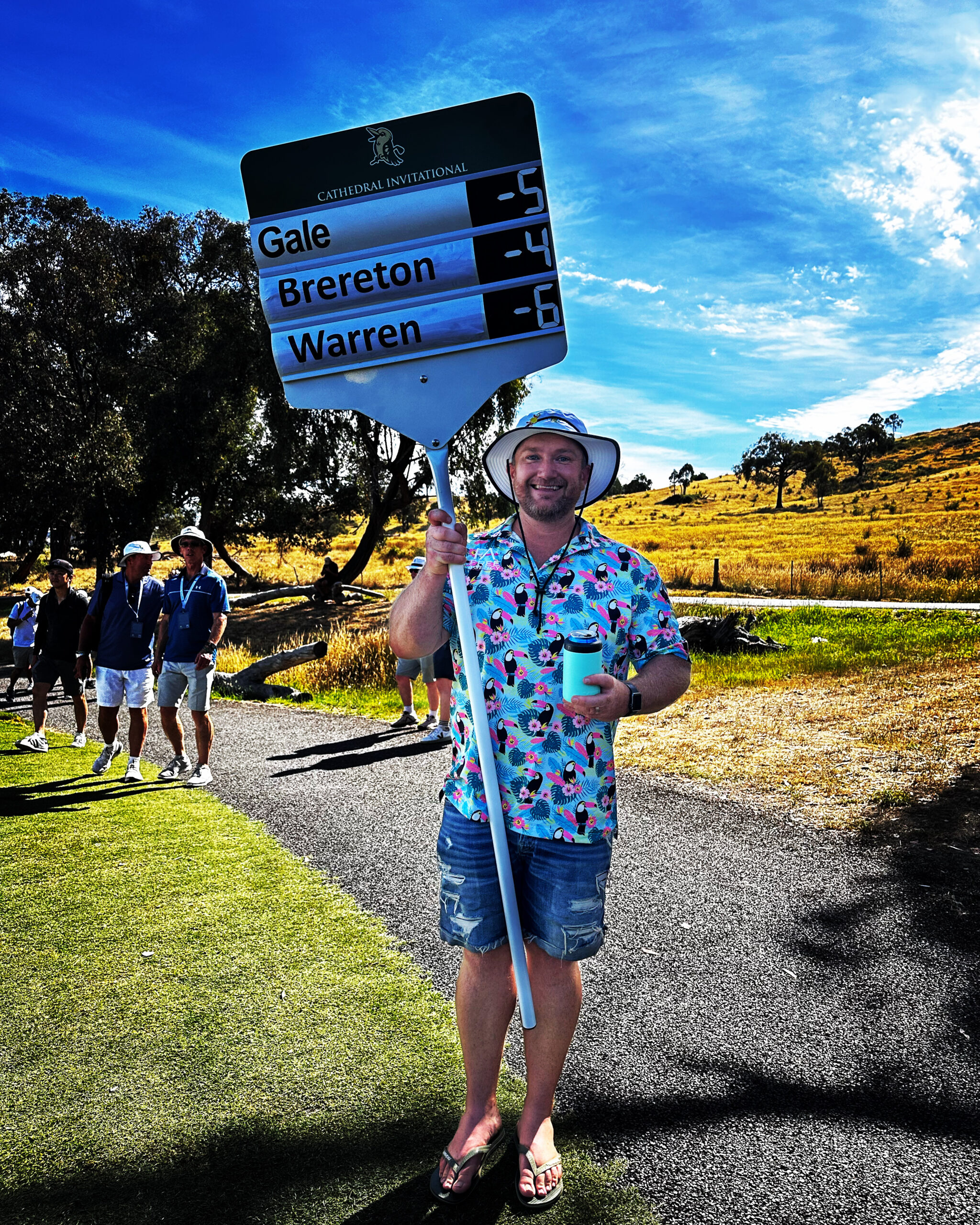Article
Are you as good at writing a CV as Tom in our team? Insider tips!
It can be daunting to stare at a blank document, wondering what combination of words and formatting will guarantee your dream teaching job, but resume writing should not be a source of stress. Insights from permanent recruiter Tom Kendell can help to guide you through the process. Tom has spent the better part of a decade helping teachers to put their best foot forward for roles, and he shares some of the tips he has picked up along the way.
“The main goal of your resume should be to secure an interview. People make the mistake of thinking a recruiter will put as much time into reading a resume as they put into writing it. In reality, a quick scan is usually all it takes for them to decide whether it is worth proceeding. Your CV should be readable, simple, and distill the key points.”
One of the most common problems with resumes today is unnecessary information. This can distract from the important points and can often annoy recruiters who have to sift through dozens of applications.
“Things like extracurricular and hobbies aren’t always superfluous. The thing that most recruiters are complaining about is the mundane information that so many teachers feel the need to add. You don’t need to write about how you followed the curriculum or wrote lesson plans because this is implied into the role. If you are adding specifics, talk about anything you did that was notable or out of the ordinary.”
More seasoned recruiters will have a variety of things they look for and this is just one of them. One of the simplest filters that they will use is to check your CV for errors. You might be the best teacher in the world, but if your CV is littered with typos then it probably won’t get you much traction.
“Proofread it, proofread it again, tighten the formatting, have a friend check it for readability. Don’t give a recruiter any reason to dismiss your resume unless it’s on the merits. The more competitive a job, the more likely it is that a simple typo can cost you. When several experienced candidates are in the running and there are only so many interview slots, a missed apostrophe or an awkward sentence can be the difference between a foot in the door and outright rejection.”
The job application process is imperfect by nature, Tom says, and the unfortunate reality is that a recruiter can’t possibly know everything about every candidate. You have a brief, two-page window to make your first (and sometimes only) impression, so you should use that opportunity to show why you are capable and worth a closer look. If you are planning to apply for a role and you want a second opinion on your CV, feel free to email tom@freeagency.com.au and he will be happy to advise.
Tim Arnold – Director



